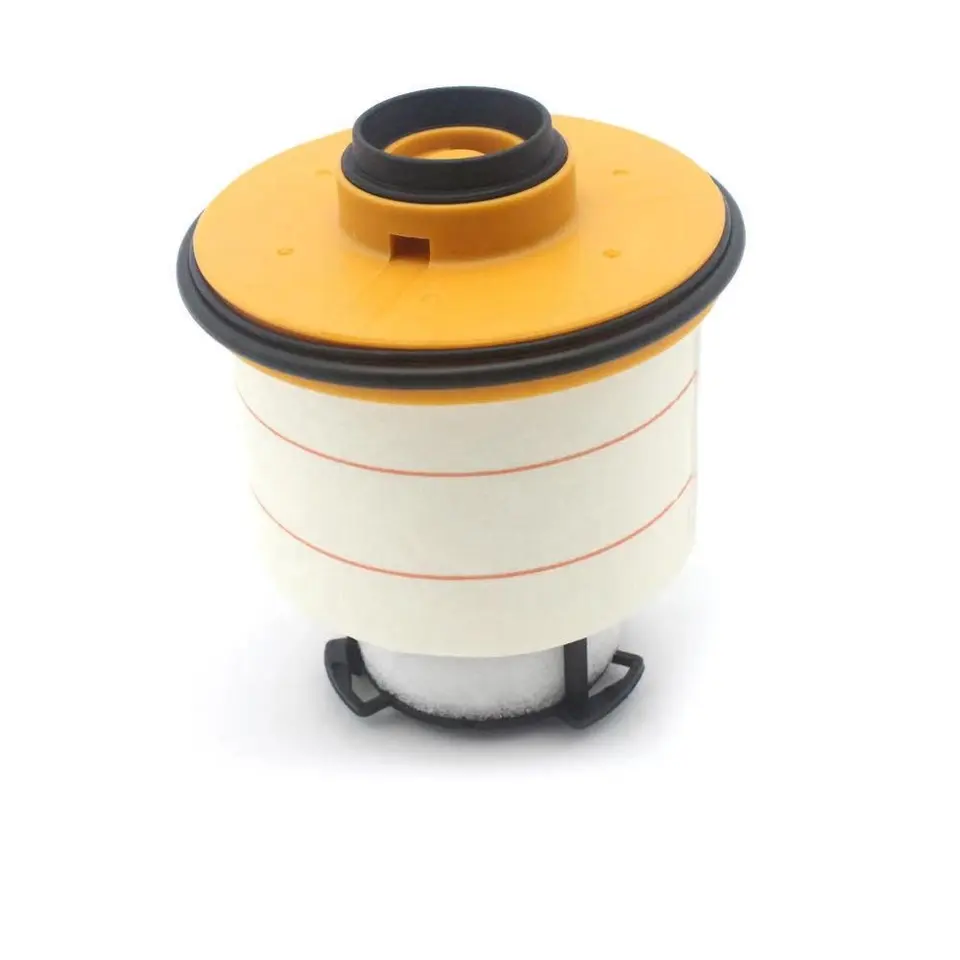Avg . 10, 2024 22:25 Back to list
Choosing the Right Nissan Air Filter for Optimal Engine Performance and Longevity
The Importance of Nissan Air Filters Enhancing Performance and Maintenance
When it comes to maintaining the performance and longevity of your Nissan vehicle, one crucial component that should not be overlooked is the air filter. The air filter plays a vital role in ensuring that the engine receives clean, unobstructed air, which is essential for optimal combustion. In this article, we will explore the significance of the Nissan air filter, its types, maintenance tips, and the overall impact it has on your vehicle's performance.
Understanding the Role of the Air Filter
The air filter is designed to prevent dust, dirt, and other airborne contaminants from entering the engine. A dirty or clogged air filter restricts airflow, leading to a range of issues. When the engine does not receive enough air, it can result in reduced power output, increased fuel consumption, and difficulty starting. For Nissan vehicles, which are engineered for performance and efficiency, having a clean air filter is paramount. The air filter not only protects the engine but also ensures that it operates at its best, providing a smooth and enjoyable driving experience.
Types of Air Filters for Nissan Vehicles
Nissan vehicles typically use two main types of air filters the engine air filter and the cabin air filter
.1. Engine Air Filter This filter is located in the engine compartment and is responsible for cleaning the air that enters the engine for combustion. Various factors, including driving conditions and maintenance practices, can affect the lifespan of the engine air filter. Most manufacturers, including Nissan, recommend that drivers check and replace the engine air filter every 15,000 to 30,000 miles, although this can vary based on driving habits.
2. Cabin Air Filter This filter is located within the vehicle's cabin and is responsible for filtering the air that comes through the heating and air conditioning system. A clean cabin air filter not only improves air quality but also enhances the efficiency of climate control systems. Like the engine air filter, the cabin filter should be inspected and replaced regularly, usually every 15,000 miles or as needed, particularly if you frequently drive in dusty or polluted environments.
nissan air filter

Maintenance Tips
Maintaining your Nissan's air filters is a simple yet effective way to ensure your vehicle runs smoothly. Here are a few tips to help you keep your air filters in top condition
- Regular Inspection Make it a habit to check the air filters during routine maintenance. Look for signs of dirt, discoloration, or damage, which may indicate that it’s time for a replacement.
- Follow Manufacturer Guidelines Always refer to your Nissan owner's manual for specific recommendations on air filter replacement intervals. Staying on schedule will help maintain engine performance and fuel efficiency.
- Consider Driving Conditions If you often drive in adverse conditions—such as on unpaved roads, in heavy traffic, or in polluted areas—you may need to replace the air filters more frequently.
- Use Quality Filters When replacing your air filters, opt for genuine Nissan parts or high-quality aftermarket options. This ensures compatibility and optimal performance.
Conclusion
In summary, the air filter is an essential component of your Nissan vehicle that significantly impacts engine performance and air quality. By understanding its function and committing to regular maintenance, you can enhance your vehicle's efficiency and extend its lifespan. Whether you're driving a Nissan Altima, Rogue, or any other model, keeping an eye on your air filters will ensure that you enjoy a smooth ride and peace of mind on the road. Regular maintenance not only translates to better performance but also contributes to safer driving conditions for you and your passengers.
-
Toyota Corolla Oil Filter Price & Deals Affordable AC & Air Filters
NewsJun.10,2025
-
Car Air Filter Change How Often & Why Engine & Cabin Filter Guide
NewsJun.10,2025
-
Best 1 Inch Air Filters for Home & Office High Efficiency 1/2 & 2 Inch AC Filter Options
NewsJun.10,2025
-
Whole Home & House Air Filtration Supplier Expert Air Purification Solutions
NewsJun.10,2025
-
Affordable Diesel Engine Filter Price - Best Deals on Quality Parts
NewsJun.10,2025
-
Premium 20x25x5 Air Filter High-Efficiency Dust Removal
NewsJun.09,2025


